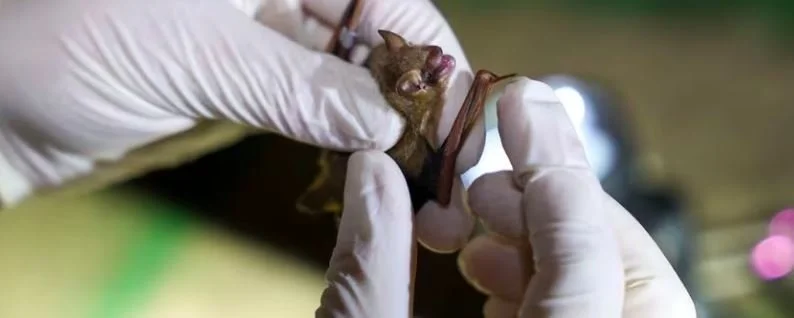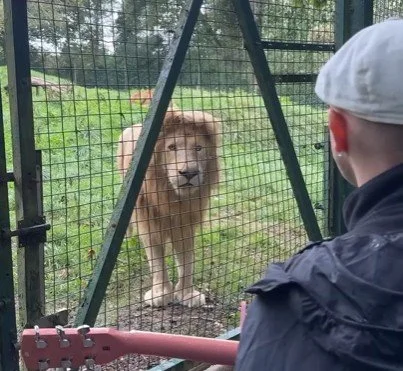Animals Go a Little Bit Nuts During Solar Eclipse
In August 2017, a total solar eclipse dazzled and baffled animals across much of the country. Even the US president at the time lost his head (momentarily?), and stared directly at the sun without using ocular protection.
Meanwhile, researchers observed how animals, in zoos or in the wild, reacted during the astronomical anomaly in which day turns to night for three minutes or so. They wrote up their findings in the journal Animals.
“To our astonishment, most of the animals did surprising things,” lead author Adam Hartstone-Rose tells the Associated Press. Giraffes at the Fort Worth Zoo were clearly upset, as they reacted to the darkness by breaking into gallop. A pair of gibbons sang unusual tunes to each other; we can’t know what the sounds meant but we assume it was along the lines of ‘WTF’?
Flamingos at Riverbanks Zoo in South Carolina huddled protectively around their young, while Galapagos tortoises in the same zoo didn’t waste the opportunity. The big reptiles “generally do absolutely nothing all day,” says Hartstone-Rose, but “during the peak of the eclipse, they all started breeding.”
On April 8 this year, Hartstone-Rose and colleagues will be at it again when an eclipse traces a different path across North America (and in a different season). They’ll observe animals in zoos in Texas, and will coordinate with other biologists and zookeepers in Arkansas, Ohio, and Indiana.
Cities and towns in northern New York, Vermont, and points southwest will get the total treatment in the afternoon. If you’re in the path – or even if you get a partial eclipse, like New York City, which will be treated to 95% of a total – don’t look at the sun without protection. It can cause eye (and perhaps brain) damage.
LM Otero / AP Photo
Photo credit: Dr. Ajay Kumar Singh / Shutterstock








